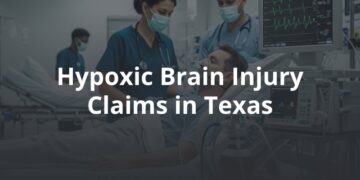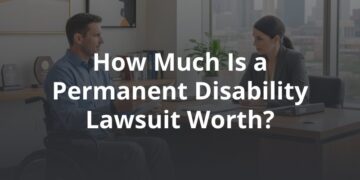Computerized data collection in the commercial trucking industry began in the 1980s, when motor carriers started implementing electronic logging devices (ELDs) to record hours of service data. Today’s more sophisticated telematic solutions can be hardwired to an engine to record data such as running time, miles driven, and fuel use. Some technology can even capture and report driver behavior.
The Federal Motor Carrier Safety Administration (FMCSA) requires ELD use by commercial drivers with few exceptions, which means fleet analysts have more data at their fingertips than ever before. But it’s what can be done with this data that has the potential to truly make a difference in improving the safety of our roadways.
The Benefits of Using Big Data for Fleet Analysis
Commercial carriers have demands and delivery schedules to meet. Sometimes drivers feel pressured to work longer shifts than are legally permitted, take shorter rests between shifts, or speed to make up for lost time.
Ironically, incentivizing this behavior can greatly cost motor carriers. Accidents are expensive. When you consider vehicle damage, cargo damage, medical costs, legal costs, and higher insurance premiums, it’s easy to understand why companies would want to know which drivers are at high risk of causing collisions. When companies provide those drivers with better training and hold them accountable for mistakes, that benefits the company, the driver, and the public alike.
Today’s advanced telematic solutions encourage safer driving and corporate accountability by doing the following:
- Electronically recording a driver’s hours of service to ensure drivers are not driving longer shifts than is legally permitted
- Capturing data related to triggering events (sharp turns, speeding, U-turns, hard braking, lane departures, etc.)
- Capturing video of events with road-facing and interior-facing cameras
- Recording fuel consumption, which can be an indicator of reckless driving
- Generating reports and numeric performance scores
- Identifying savings and optimization opportunities
- Providing real-time data to fleet managers
Each nugget of information helps fleet analysts paint a more comprehensive picture of drivers and vehicles, which ultimately decreases liability while increasing safety, fuel economy, and overall efficiency.
How Big Data Can Assist Victims of 18-Wheeler Accidents
Telematics solutions have revolutionized the process of taking legal action against commercial truck drivers. These systems can provide insurance companies, legal counsel, and authorities with more information about the cause of a roadway collision. For example, the captured data could support a victim’s claim that the driver was fatigued by showing hours of service violations. Or video footage could show that the truck driver was distracted at the time of the collision (or exonerate that driver by proving their innocence).
Why Hire an 18-Wheeler Accident Lawyer to Handle Your Case?
According to the Texas Department of Transportation, there were a total of 37,515 crashes involving commercial motor vehicles on Texas roads in 2018. A simple mistake made by a commercial truck driver can have calamitous consequences for others, especially for passengers of smaller, more vulnerable vehicles.
At FVF, our goal is to secure a positive case outcome for victims of 18-wheeler accidents. Even cases that seem open-and-shut due to recklessness or negligence can become complicated by the other party’s reluctance to admit fault or injuries that do not fully come to light until some time after the accident. The commercial carrier, the driver, and their insurance provider will do their best to cast doubt on the facts to escape financial responsibility.
An experienced Texas 18-wheeler accident lawyer can help you navigate these tactics. We provide advice and support, communicate on your behalf, investigate to uncover data that could bolster your case, and fight to secure compensation that will allow you to recover as swiftly and thoroughly as possible.
If you are unsure of your next step following an 18-wheeler accident, contact us to schedule a free, no-pressure evaluation that will help you decide how to move forward with your case.








